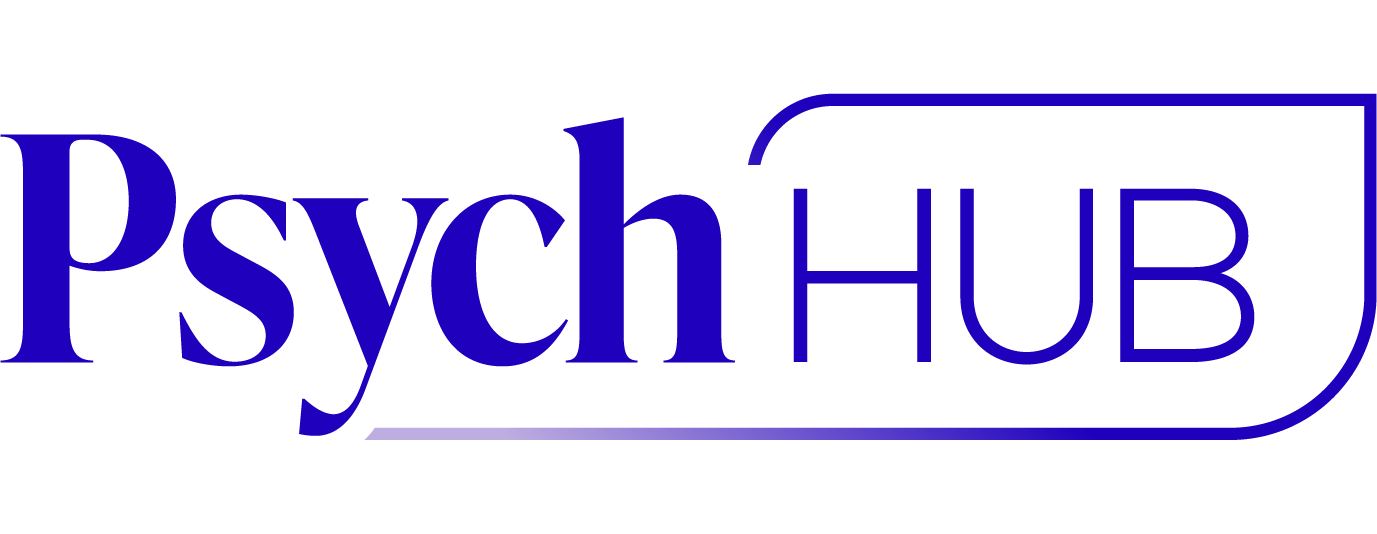Cognitive Behavioral Therapy
Foundations: A Skills
Based Approach
Intermediate | Clinical Interventions
3.00–3.25 CE Credits | 3 Hrs. 15 Min
ce information >
About the Course
A prerequisite to our other cognitive behavioral therapy courses, Cognitive Behavioral Therapy Foundations begins by teaching the therapeutic model that cognitive behavioral therapy is based on, then dives right into simple and effective strategies you can use to bolster your practice. Using a selection of learning tools, this course provides transferable skills that may improve the wellbeing of your client, including cognitive restructuring tools, behavioral action planning, emotional coping techniques, and ways to implement measurement-based care. With the support of subject matter experts, practical activities and resources, Cognitive Behavioral Therapy Foundations will set you up for success as you seek to provide your best level of care.
NOTE: This course is a prerequisite for all other cognitive behavioral therapy courses offered by Psych Hub.
Estimated Course Length: 2 hrs. 27 min
Course Includes: 3 modules consisting of a mixed media approach with roleplays, video interviews with subject matter experts, animation explainer videos, knowledge games, and more
Companion Videos: 8 provider videos to highlight key concepts
Downloadable PDFs: 15 downloadable PDFs expanding on relevant course topics
Target Audience: Mental Health Providers (licensed professional counselors, licensed clinical social workers, licensed psychologists, licensed marriage and family therapists, psychiatrists, behavioral health nurses); Physicians; Nurses
Level of Instruction: Advanced
Prerequisite: None
Instructional Method: Self-paced, interactive, hybrid of audio, text, video, and learning checks
Accessibility Accommodations: Closed captioning of all audio and video components
After completing this course, you will be able to describe and employ the following:
-
Describe the relation between cognition, emotion and behavior. The description must include: a clinical understanding of how each element interacts to form a synopsis of how an individual perceives and reacts.
-
Relate cognitions to core beliefs and automatic thoughts, describing their modification through these five techniques: thought change records, Socratic questioning, decatastrophizing, examining the evidence, generating alternatives, and coping cards.
-
Assess behavior in the context of the CBT model and advise behavioral activation techniques for the following three techniques: activity scheduling, problem solving, and graded task assignments.
-
Summarize the following seven CBT strategies: reciprocal inhibition, exposure, relaxation, thought stopping, distraction, and breathing training in relation to coping with emotions.
-
Critically appraise CBT session structures that include addressing behavioral and coping modification, defining healthy coping mechanisms and techniques for clients, and interpreting client homework assignments.
-
Evaluate client progress using measurement-based care and assess client’s readiness for termination of therapy, and/or potential for relapse using the techniques of maintenance, anticipating setbacks, and booster sessions.
Course Activities for CE Credits: ≥ 3 hrs. 9 min
-
Pre-Course Assessment (6 minutes) [EXCLUDED FROM ACTIVITIES FOR NBCC & CAMFT CREDIT]
-
Module 1: Introducing the Cognitive Behavioral Model (20+ minutes)
-
Module 2: What Happens in the First Phase of Treatment? (24+ minutes)
-
Module 3: Restructuring the Cognitive (34+ minutes)
-
Module 4: Identifying Emotions and Altering Core Beliefs (20+ minutes)
-
Module 5: Applying Behavioral Intervention (21+ minutes)
-
Module 6: Coping Techniques and Behavioral Intervention (14+ minutes)
-
Module 7: Maintaining the Alliance with Your Client (18+ minutes)
-
Module 8: Ending Treatment and Preventing Relapse (18+ minutes)
-
Theory Tank (9+ minutes)
-
Post-Course Assessment (6 minutes) [EXCLUDED FROM ACTIVITIES FOR NBCC & CAMFT CREDIT]


